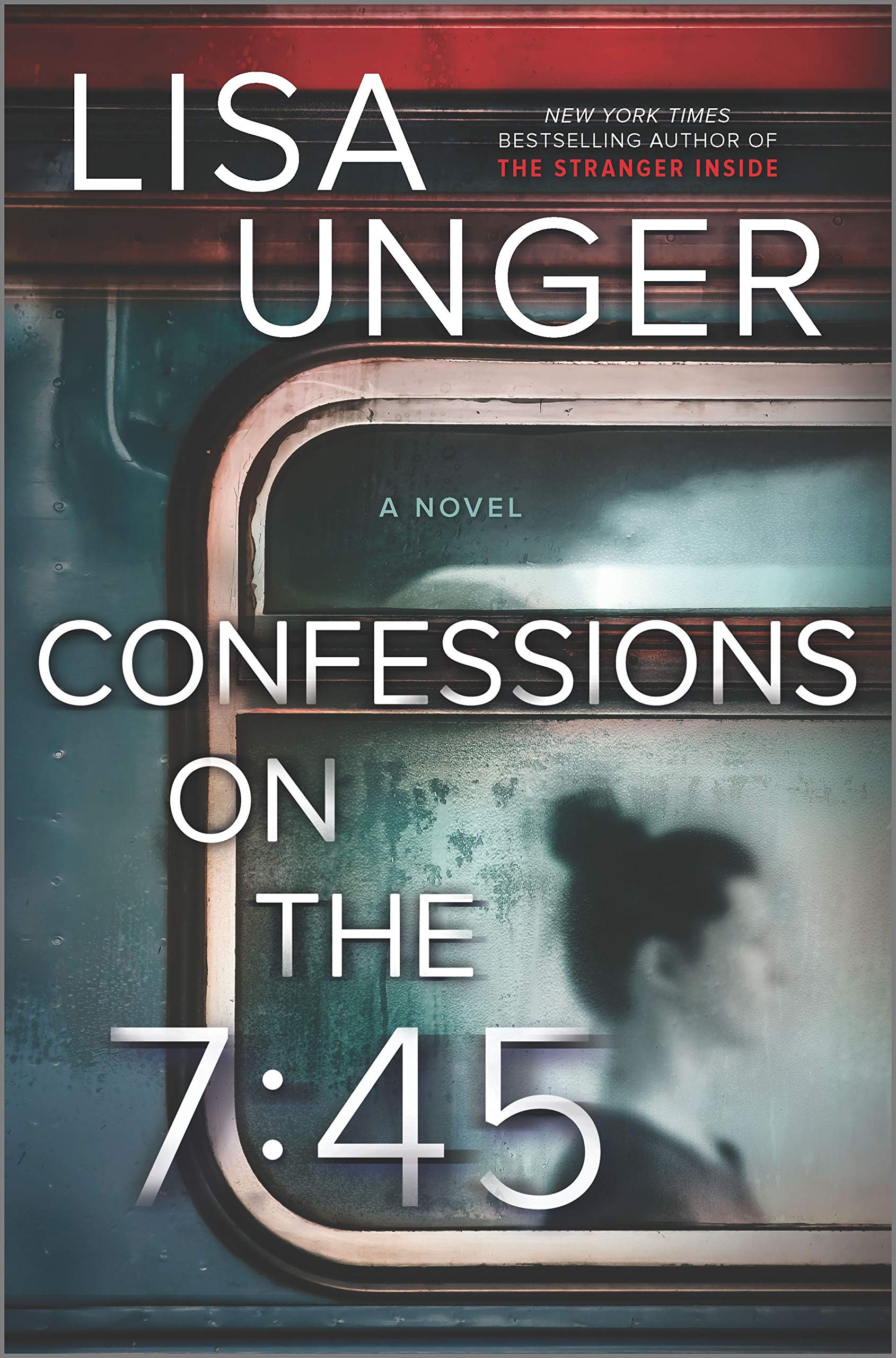 Author A.M. Homes has a new memoir out called The Mistress’ Daughter, about confronting her biological parents after being raised by loving adoptive parents. The book is based on a 2004 New Yorker essay she wrote on the same topic.
Author A.M. Homes has a new memoir out called The Mistress’ Daughter, about confronting her biological parents after being raised by loving adoptive parents. The book is based on a 2004 New Yorker essay she wrote on the same topic.
15 years ago, I read another book by A.M. Homes called In a Country of Mothers. It’s a novel about a Manhattan psychiatrist who believes that one of her patients is the daughter she gave up for adoption many years earlier. It’s been a long time since I read the book, but I remember it being suspenseful and a good read – a psychological drama with some compelling (if a bit obesssive) characters. I have been wondering recently whether I would enjoy this book now as much as I did then – I was a lot younger and presumably not as critical a reader at that time.
I passed on Homes’ best-known books, Music for Torching (2000), about decaying suburbanites, The End of Alice (1997), about the correspondence between a pedophile in prison and a 19-year old girl.
Then last year, a book club that I was in chose This Book Will Save Your Life, a dark moral fable about a man in L.A. confronting the deficiencies in his life. I hated it. I read about 40 pages, and then put it down and never picked it up again. (And I wasn’t the only one).
Here’s what I think about A.M. Homes: she’s good at setting up complex characters with dark impulses, and she’s clearly adept at identifying the pressures and realities in society that move us in not always positive ways. The New York Times says that she "has made a minor speciality of luridness." But her books are disturbing and, in the case of This Book Will Save Your Life, sometimes unreadable.
So I am skeptical about her new memoir. Here’s what The New York Times had to say:
In many ways, this book is really about a wild goose chase. There is no epiphany here. In all the moments when some shimmering self might rise intact from the detritus, it does not. In the cardboard boxes with her mother’s possessions (which Homes labels with a characteristic lack of euphemism, “Dead Ellen 1-4”) she finds nothing to provide some unaccustomed comfort in the world, nothing that will save her — only containers filled with sheet music, unopened bills, phone messages and receipts, some of which she puts in ministorage.
And then, as if an active part of this psychological spectacle, the second half of the book falls to pieces. Homes begins an obsessive search on the Internet for her antecedents, even hiring two researchers to help her. What follows is a random, frantic amassing of detail. She uncovers biographical fragments about people who are related to her, and some who are not. She muses on the general difficulties of her relatives’ immigrant experience. But somehow in this wild quest for identity she loses focus, and in the process, any remnant of narrative control. Where, one begins to feel along with her, is A. M. Homes?
Still, if “The Mistress’s Daughter” is not entirely satisfying, if it loses some of its furious precision — its perverse, artful inquisition into the motives of its principals — as a document of a flawed, incoherent self, it remains fierce and eloquent. And even some of its messier sections are gripping.
Here is an excerpt from The Mistress’ Daughter as well as an interview with A.M. Homes from NPR.
Anyone thinking about reading this? Any other thoughts on A.M. Homes?










About Me
I have been blogging about books here at Everyday I Write the Book since 2006. I love to read, and I love to talk about books and what other people are reading.